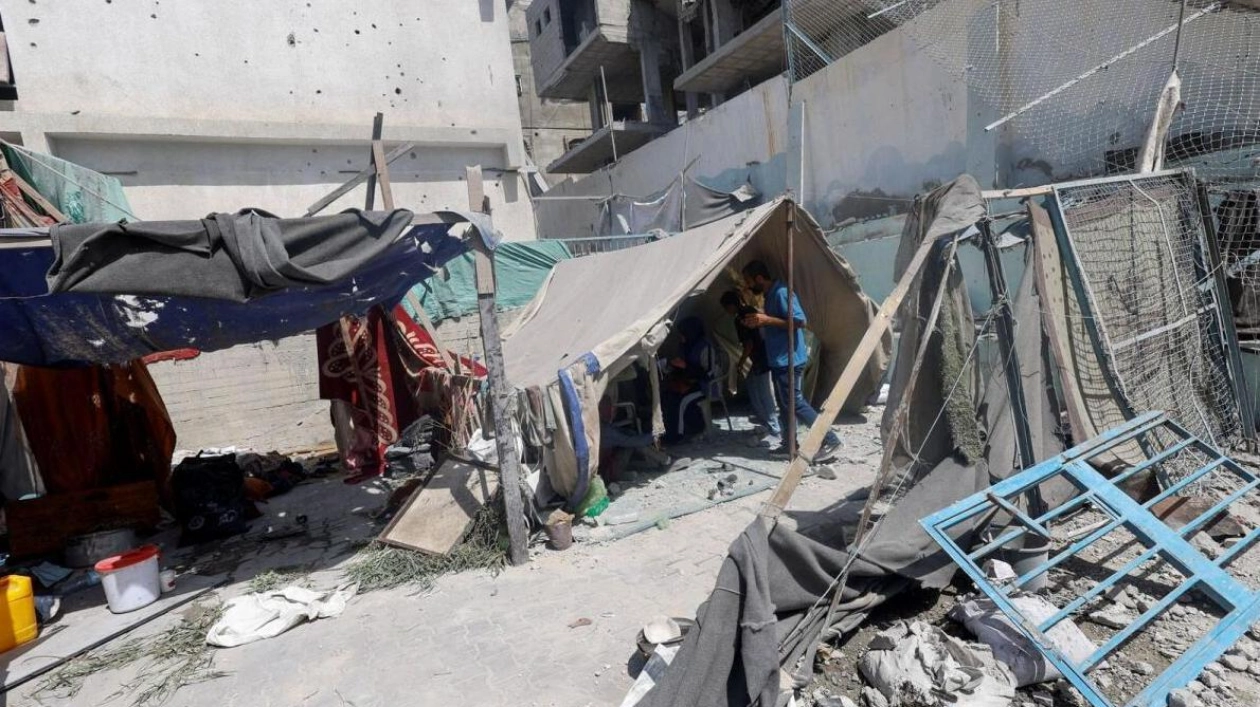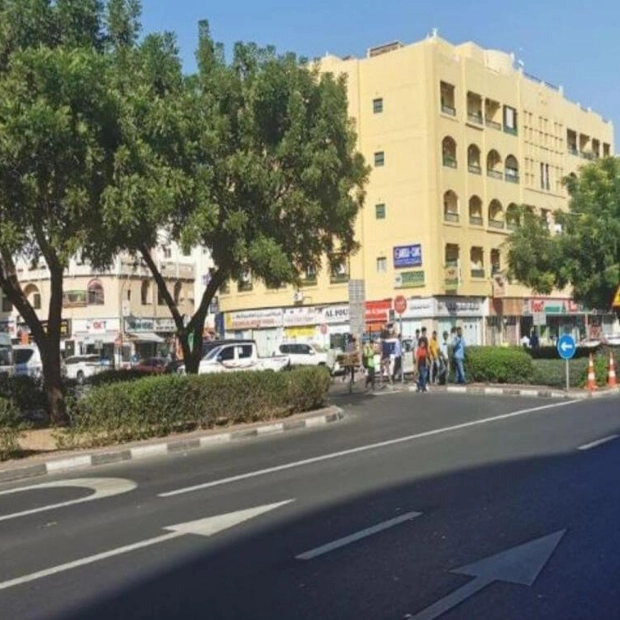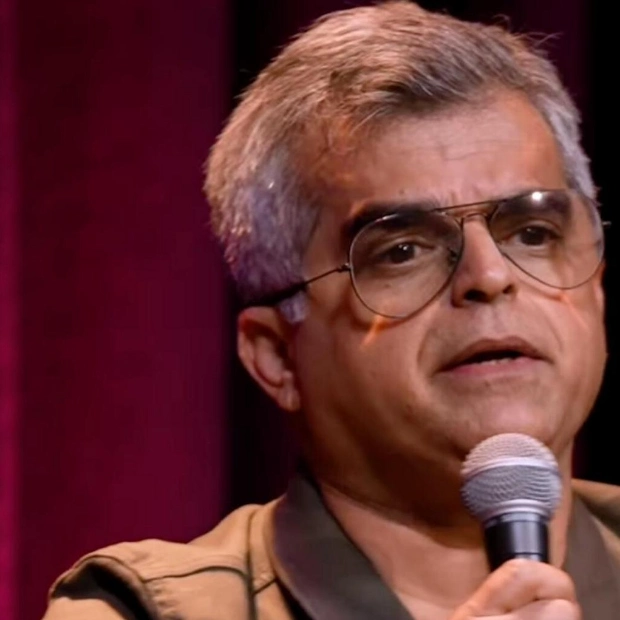Israeli Prime Minister Benjamin Netanyahu is set to convene his security cabinet on Thursday evening to review new Hamas stances on a ceasefire agreement in Gaza, according to a source within Netanyahu's office, amid ongoing hostilities in the region. Prior to the cabinet session, Netanyahu will engage in consultations with his ceasefire negotiation team, the source added. Israel has received Hamas' response to a proposal unveiled by US President Joe Biden at the end of May, which includes the release of approximately 120 hostages held in Gaza and a ceasefire in the Palestinian territory. A Palestinian official involved in the mediation process informed Reuters that Hamas, the group governing Gaza, has demonstrated flexibility on certain clauses, paving the way for a framework agreement if Israel concurs. However, two Hamas officials did not respond promptly to requests for comment. Hamas insists that any agreement must conclude the nearly nine-month conflict and result in a complete Israeli withdrawal from Gaza. Israel, on the other hand, insists on temporary ceasefires until Hamas is dismantled. The proposed plan involves the phased release of Israeli hostages, the withdrawal of Israeli forces, and the liberation of Palestinian prisoners in the initial stages, followed by the reconstruction of the war-torn area and the repatriation of deceased hostages' remains. In Gaza, Palestinians expressed cautious optimism. 'We hope this marks the end of the war; we are weary and cannot endure further setbacks and disappointments,' remarked Youssef, a father of two displaced to Khan Younis in southern Gaza. 'With each passing hour of this war, more lives are lost and more homes are destroyed. It's time to end this,' he conveyed to Reuters through a chat application. On Thursday, tanks shelled multiple locations east of Khan Younis following evacuation orders issued by the Israeli army on Tuesday, although there was no tank incursion into those areas, according to residents. Many Palestinians continued to seek refuge after the evacuation order, which also encompassed the border city of Rafah and was deemed the largest such decree since October, when 1.1 million people were instructed to vacate the northern Gaza Strip, according to the United Nations. Residents of Khan Younis reported that numerous families slept on the roadside due to a lack of tents. Israeli aircraft and tanks targeted several areas in northern Gaza, including Shejaia, Sabra, Daraj, and Tuffah, resulting in multiple casualties, including children, and injuries, according to health officials. The Israeli military claimed that its forces and aircraft eliminated dozens of militants in those areas and in Rafah, southern Gaza, which Israel identifies as Hamas' final stronghold. The conflict in Gaza erupted when Hamas militants infiltrated southern Israel on October 7, killing 1,200 and abducting around 250 hostages back to Gaza, according to Israeli accounts. Israel's retaliatory campaign has claimed nearly 38,000 lives, according to the Gaza health ministry, and has devastated the densely populated coastal region.

Text: Lara Palmer
04.07.2024
Israeli PM to Consult with Team Before Security Cabinet Meeting on Hamas' Flexible Clauses





